Do you ever find yourself harshly judging yourself or others?
If so, you’re not alone. Judgmentalism is a common human trait, but it’s also one that can be harmful both to ourselves and to our relationships with others.
In this blog post, we will discuss how to be less judgmental and overcome our judgments of ourselves and others. We’ll talk about becoming more tolerant, understanding, and compassionate.
Let’s get started.
- What Does It Mean To Be Judgmental?
- Why Is Being Judgmental Harmful?
- Why Are We So Quick To Judge Others And Ourselves?
- How Can I Practice Not Judging?
- 9 Tips On How To Be Less Judgmental
- You Can Become Non-Judgmental
- Questions You May Have
What Does It Mean To Be Judgmental?
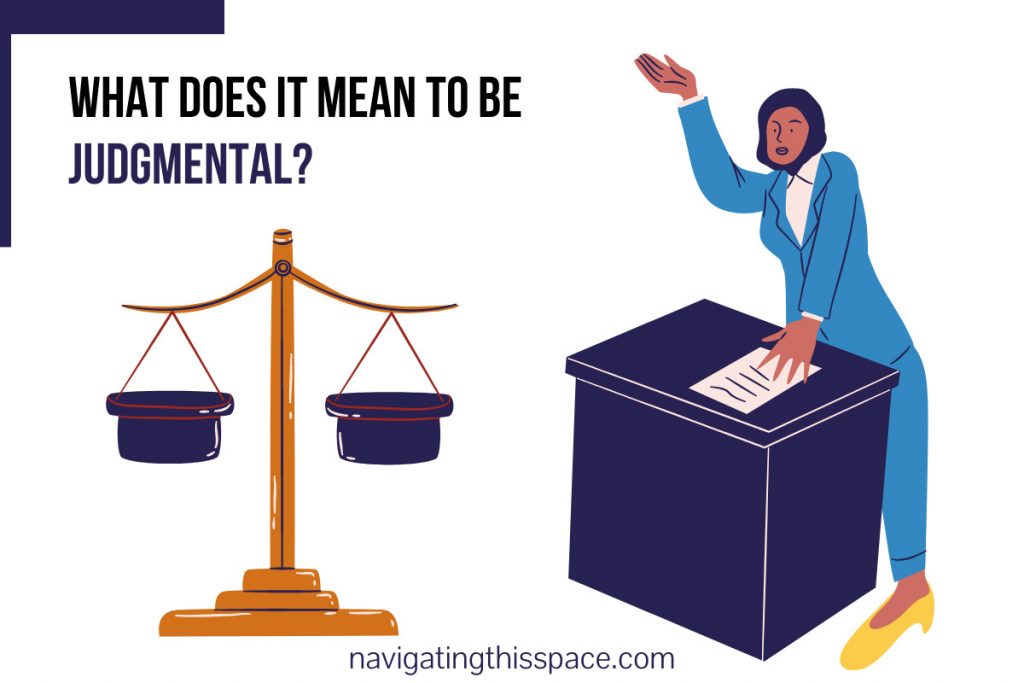
To judge someone means to form an opinion or conclusion about that person, according to the Oxford English Dictionary. The problem with coming to a conclusion about someone else is that we often do so without all the facts and sometimes without even knowing the person very well. Most of the time, once we’ve made up our minds about someone, we never give them the benefit of the doubt.
The thing is, we judge others based on our own biases, preconceptions, and prejudices. We look at their situation and think about what we would have done without thinking about why the other person might have made the choice they did.
We also tend to judge ourselves harshly, often believing that we’re not good enough or that we’re unworthy of love and respect. This can lead to feelings of self-doubt, insecurity, negative thoughts, and a lack of self-confidence.
Why Is Being Judgmental Harmful?
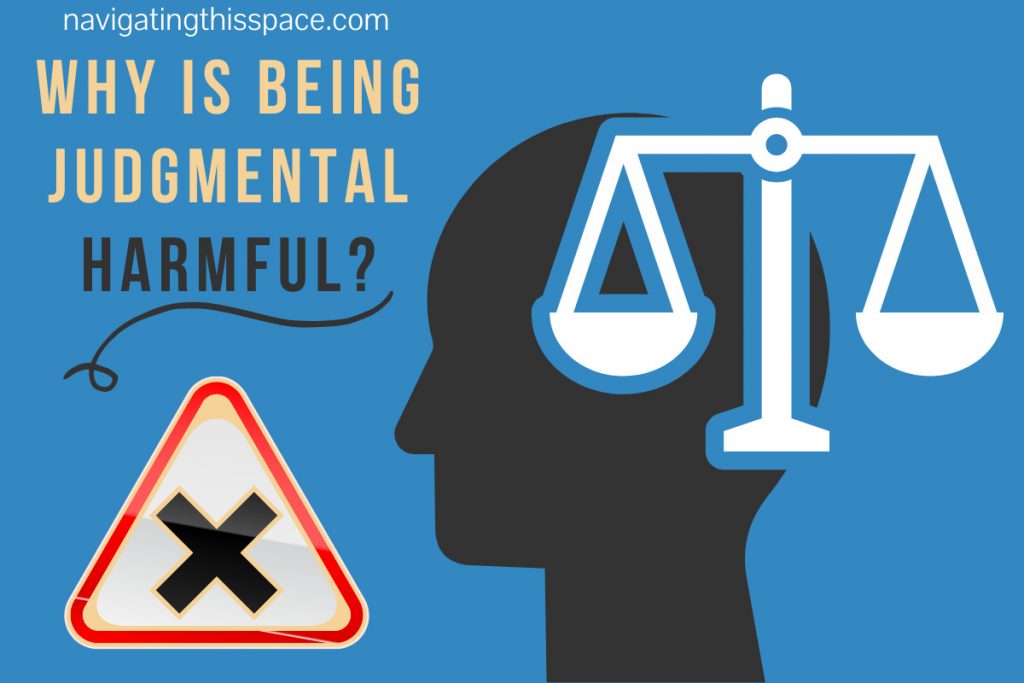
There are a few reasons why being judgmental is harmful.
First, it introduces division and friction into your relationships with others.
Second, it can lead to negative emotions like envy, hatred, and resentment.
Third, judgmentalism can be a form of verbal abuse to yourself and others. It doesn’t matter if the words remain in your head or if you say them out loud.
And fourth, it’s simply not an effective way to live your life.
Judgmentalism is a destructive habit that can lead to a lot of pain and suffering for you and the people around you. It stunts your personal growth by encouraging negative emotions, energy, and thinking to thrive.
Why Are We So Quick To Judge Others And Ourselves?

We are all humans, and our first instinct is self-preservation which means that we judge others to protect ourselves. We never notice the problems with our behaviors. Yet when it comes to someone else, we can describe them in great depth without giving them too much thought.
A simple fix would be to evaluate your life as you would another person but seeing some of your actions as destructive may be easier said than done.
Becoming aware of your judgments and how they can harm you and others is truly the first step to overcoming your judgy attitude. Once you’re aware of them, you can start questioning them while working to change them.
Everyone does things a little different because everyone has different experiences and different thought patterns.
Even though I may offer you advice on how to accomplish something, you’re going to tweak that advice to fit your personality and your unique situation. So my advice will look completely different for everyone who chooses to implement it.
Remember, just because someone does something differently than you, it doesn’t mean they’re wrong and vice versa.
Start by being more accepting of the fact that people are who they choose to be, and it has nothing to do with you.
The next time you find yourself harshly judging someone, ask yourself these questions:
– What facts do I have to back up my judgment?
– What intolerances am I bringing to this situation?
– How would I feel if someone judged me in the same way?
If you can’t answer any of those questions without feeling some sort of negativity, then it’s likely that your judgment is based on personal biases and not reality.
How Can I Practice Not Judging?
If you’re having trouble overcoming your judgments of others, start by working on your self-acceptance and self-confidence. The problem is rarely with the other person. It’s with how we see ourselves in them.
When you learn to love and accept yourself for who you are, you’ll find it a lot easier to do the same for others.
This process begins with self-reflection and being honest with yourself.
Stop judging yourself, and it will become easier to stop judging others.
Start by acknowledging that everyone makes mistakes and that we all have flaws. Nobody is perfect. You have shortcomings too, and learning what they are is the first step to improving yourself.
Once you’ve become aware of your own flaws and how to work on them, it becomes a lot easier not to judge others harshly for theirs.
It’s also important to remember that you don’t know everything, and there are plenty of things you still can’t, won’t, and don’t understand.
9 Tips On How To Be Less Judgmental
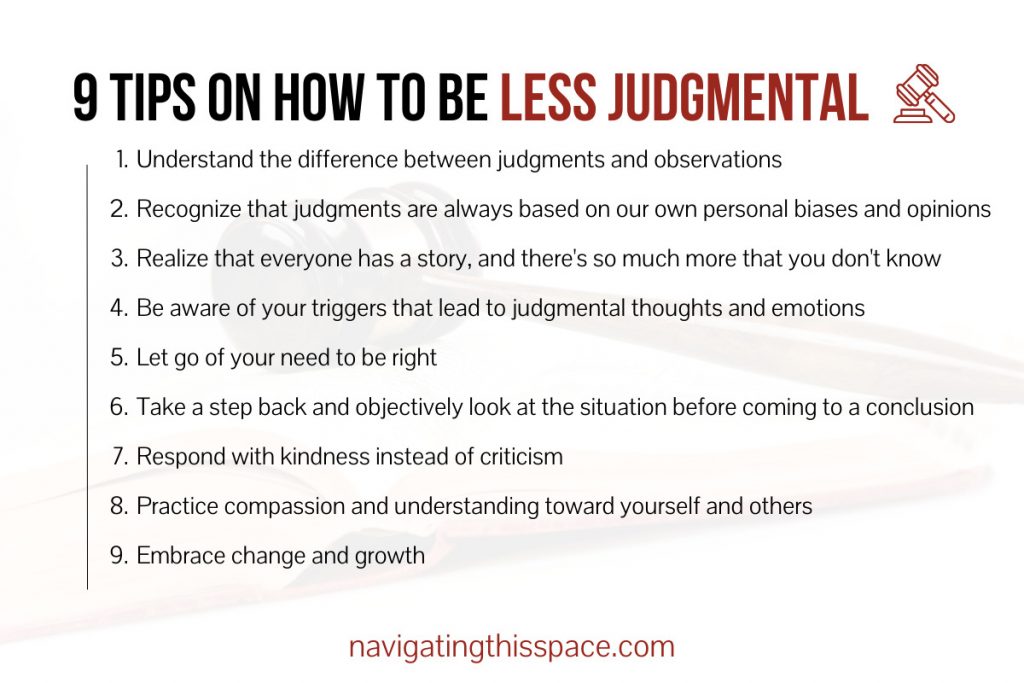
1. Understand the difference between judgments and observations
Making an observation and passing judgment are two very different things.
When you make an observation, you’re simply noticing something without attaching any emotion to it. For example, “That person is wearing a green shirt.”
On the other hand, when you pass judgment, you’re adding your own opinion and feeling about that person or thing. For example, “That person looks stupid in that green shirt.”
Observations are neutral and judgments are not.
Continuing with the example, you didn’t stop to consider that green was that person’s favorite color and that particular green complemented their eyes and made them feel happy.
Because of the judgment you passed, you automatically closed your mind to any other explanation or possibility, and that’s not how intelligent, open-minded people operate.
When you make observations, keep an open mind to all possibilities because that person’s reason may be something you’ve never had to think about before.
Judging people, life, and the world makes it difficult to see the situation objectively and fairly.
Being able to look at a situation without attaching your own emotions, opinions, and biases is key to making sound judgments.
When you’re clouded by judgment, you can’t think straight, and that’s how disagreements turn into arguments.
Observe, don’t judge. People tell you exactly who they are if you pay attention.
2. Recognize that judgments are always based on our own personal biases and opinions
To repeat what was said earlier, you judge people by how you see yourself in them.
If you don’t like something about yourself, it’s very likely that you won’t like that same thing in someone else and vice versa.
For example, if you’re insecure about your weight, then you’re more likely to judge overweight people.
We do this because it’s a lot easier to dislike something in someone else that we don’t like about ourselves. When you find yourself being judgmental toward someone, stop and ask yourself what is similar between you and that person.
The more similarities you can find, the more likely you’re judging that person based on your personal biases and not reality.
You’re not perfect; no one is.
3. Realize that everyone has a story, and there’s so much more that you don’t know
No matter how well you think you know someone, there’s always something you don’t know. To be less judgmental means being open to the idea that there are plenty of things you still don’t understand.
Everyone has a story, and you’ll never be able to walk in their shoes. You can never fully understand them.
I always describe myself as an onion because onions have a ton of layers, and when I think I’ve gotten to my core, there’s always another layer waiting.
The same thing goes for everyone. You and everyone around you have many layers, and there’s always something new to discover. Most information you think you know about a person could just be surface-level knowledge.
Think of it this way, every challenge and obstacle you face reveals something new about yourself. If you’re still learning your depth, why would you think you know everything there is to know about another person?
4. Be aware of your triggers that lead to judgmental thoughts and emotions
Becoming less judgmental requires you to be aware of your triggers.
What are the things that set you off and make you start judging people?
For example, I find myself judging other drivers when I’m driving, mostly because I’m a cautious driver and will not willingly do something dangerous.
So, when I’m driving, and someone is driving ridiculously slow, swerving a lot, or doing something that makes me feel unsafe, my first reaction is to start judging them.
The reason this happens is because my personal bias of being a cautious driver gets triggered, and I automatically pass judgment on the other driver for not being as careful as me.
I’ve started to tackle those judgmental thoughts by imagining what that person must be going through that’s making them drive in a way that’s not safe for them or anyone else.
For example:
They may be a new driver or just received some bad news and don’t know that they’re not driving cautiously.
By imagining their story, I’m able to put myself in their shoes and understand them better. This doesn’t mean that I condone their behavior, but it helps me be less judgmental toward them.
When you can relate to someone on some level, it’s easier to stop judging their actions.
Identify your triggers, and you’ll be able to see why you’re biased toward certain people and situations. Once you’ve identified your triggers, you can start to look for methods to cope with them so that you don’t fall into your old habit of judging others again.
5. Let go of your need to be right
You are human, so there’s a great chance that you are wrong most of the time. What you believe to be right is subjective to your situation and experiences.
When you’re attached to the idea that you’re right, it often leads to judgmental thoughts and emotions.
For example, you may start judging someone because they have a different opinion on something.
This happens because you’re not ok with the fact that someone has a different perspective, and you feel the need to be right.
When you’re less judgmental, you’ll be more open-minded toward others and their opinions. You’ll also be less attached to your own opinion, which will make it easier for you to have constructive conversations with others.
No one is right all of the time.
6. Take a step back and objectively look at the situation before coming to a conclusion
Before you start judging someone, take a step back and objectively analyze the situation.
Are you jumping to conclusions, or do you understand all the facts?
It’s important to be fair and reasonable when making observations about people.
Treat people the exact way you would like to be treated.
7. Respond with kindness instead of criticism
A trick to stop judging people is to respond with kindness instead of criticism.
When you’re kind, it’s difficult to pass judgment because your heart is open, which means you’re willing to understand that person’s actions instead of unintentionally harming them.
Criticism often makes people feel like they’re being attacked, which puts them in a defensive mode.
In a defensive mode, people will lash out even if what you were saying is positive.
When you’re kind, the other person is more likely to listen to what you have to say, and they may even be willing to change their behavior but don’t expect people to change because you want them to.
Being kind instead of critical is a great way to show someone that you care about them and want the best for them.
8. Practice compassion and understanding toward yourself and others
When you get to know and understand that everyone is going through their own struggles, it becomes easier to be compassionate and understanding.
Judging yourself harshly or judging others isn’t productive and only leads to more suffering and negative feelings.
In life, compassion and understanding help us connect with others, which is essential for a happy life.
Maybe instead of criticizing your family for being too loud, you can try to understand that they’re just trying to connect, and they’re doing it the only way they know how.
When you’re compassionate and understanding, it often leads to more positive interactions with the people around you.
9. Embrace change and growth
When you resist change, you may find yourself on a worse path than the one you intended.
Change is constant, so it’s vital to embrace it rather than fight against it.
We develop and grow as individuals when we’re open to change.
Learning to be less judgmental requires you to change your current thoughts about yourself in order to accept other people.
It all works hand in hand, and you can’t have one without the other.
You Can Become Non-Judgmental
The path you take to becoming less judgmental is a long one, and sometimes you’ll find yourself slipping back into old habits. But the truth is, you can achieve anything you put your mind to because you are a powerful being who creates your own future.
I hope these tips will help you on your journey to becoming less judgmental and more compassionate.
Remember, it’s a process that takes time and patience, so don’t get discouraged if you find yourself struggling at first. Just keep practicing and be gentle with yourself!
Let me know in the comments below how you’re going to work on becoming less judgmental!
For more tips on how to live a happier life, subscribe to my newsletter here!
Questions You May Have
What makes a person judgmental?
There are many reasons why people may become judgmental. It could be due to a personal experience, how they were raised, or simply because they’re not open-minded.
How do I become less judgmental?
The best way to become less judgmental is by practicing compassion and understanding toward yourself first. Then, it will be easier to extend that to others. The more you understand your flaws, the more you’ll understand that you’re judging other people based on your experiences and not theirs.
What is a non-judgmental person?
A non-judgmental person is someone who doesn’t pass judgment on others and instead accepts them for who they are. They’re also compassionate and understanding, which makes it easier for them to connect with people. You can also become non-judgmental. It just takes practice and patience.
Why do we become judgmental?
There are many reasons we become judgmental. The most common reasons are as follows: we may not be open-minded, we’ve been raised in a judgmental environment, or we’ve had negative experiences that have led us to be critical of ourselves and others. We can all learn how to be less judgmental by learning our triggers and working on them.
Pin It!
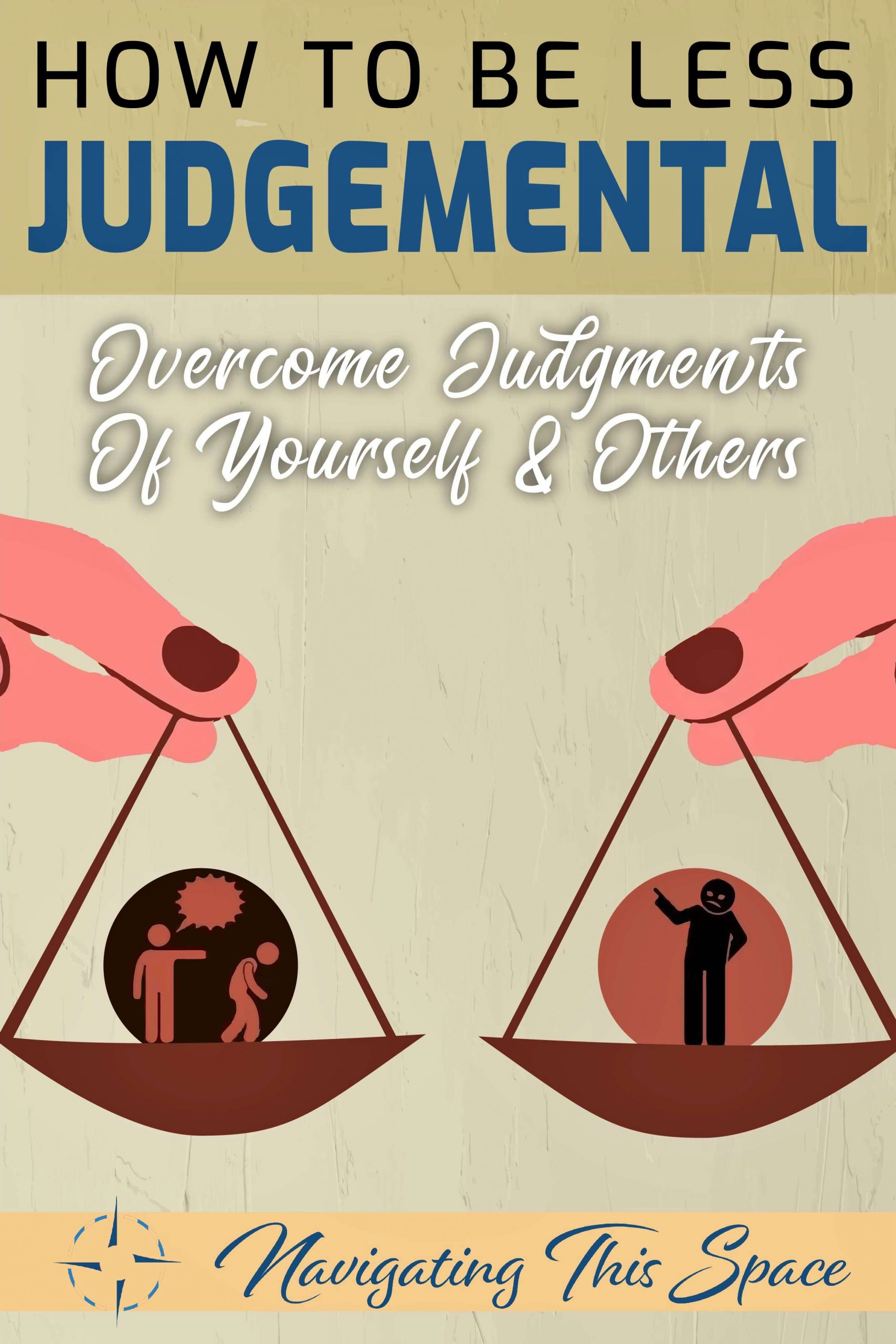
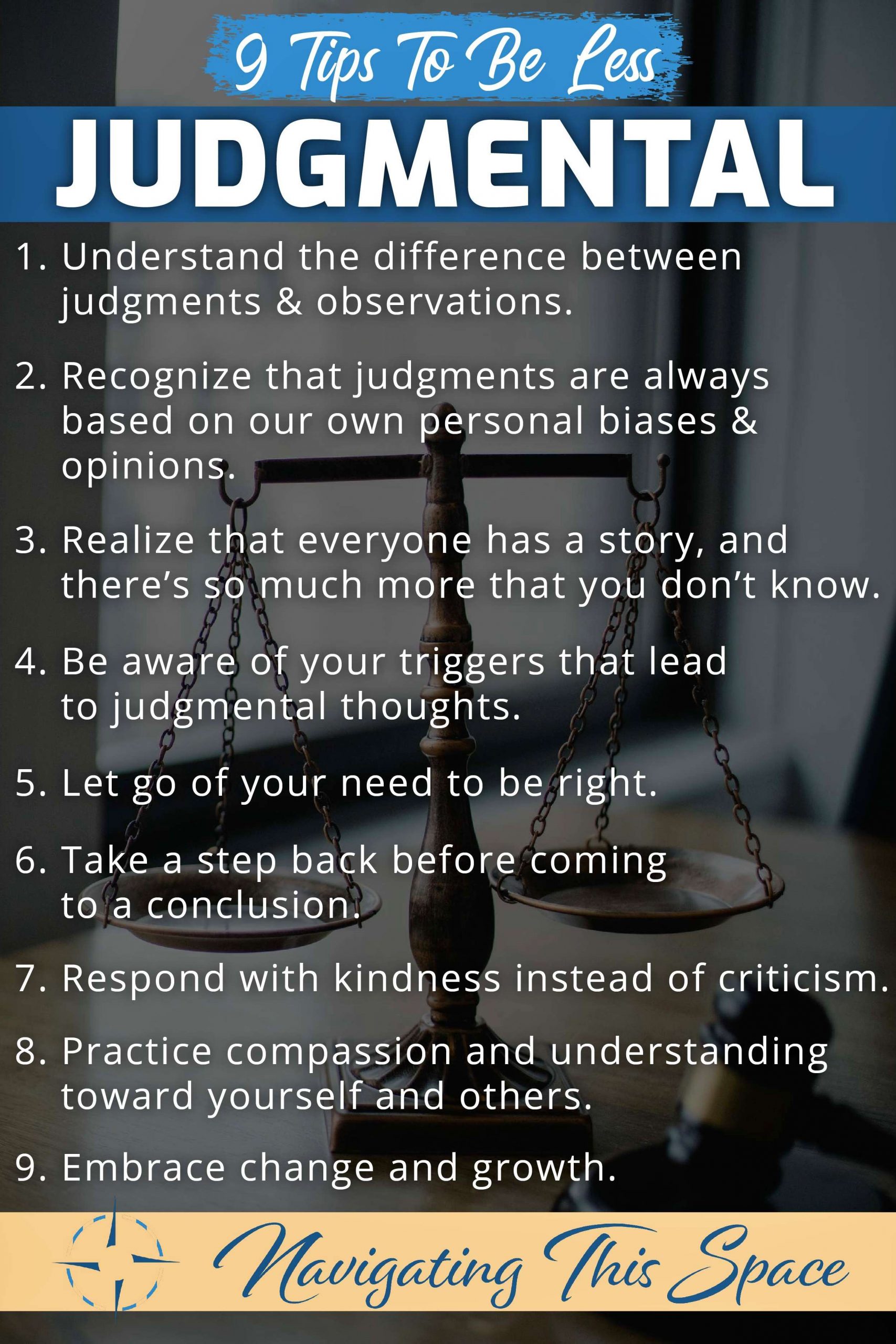
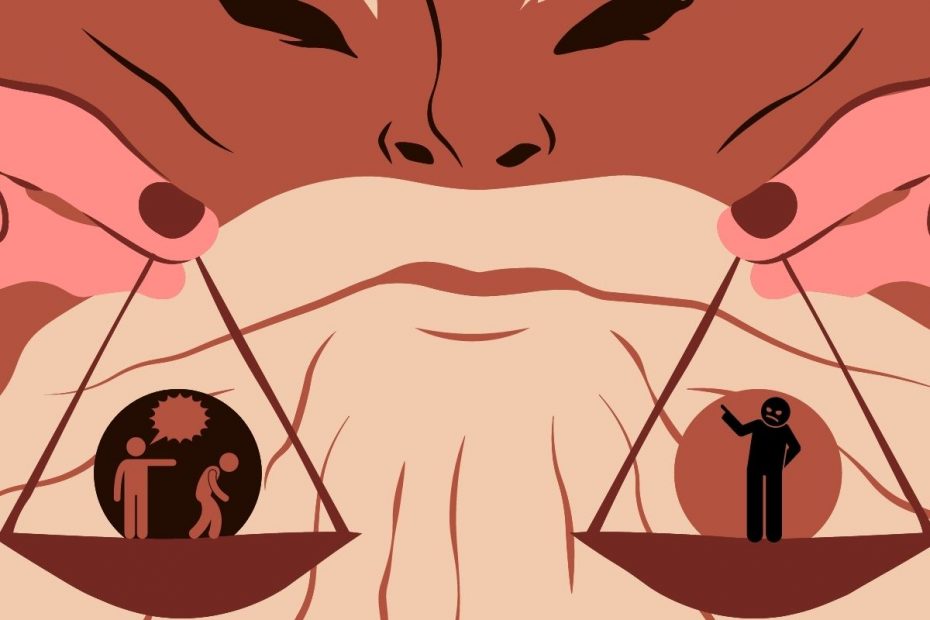
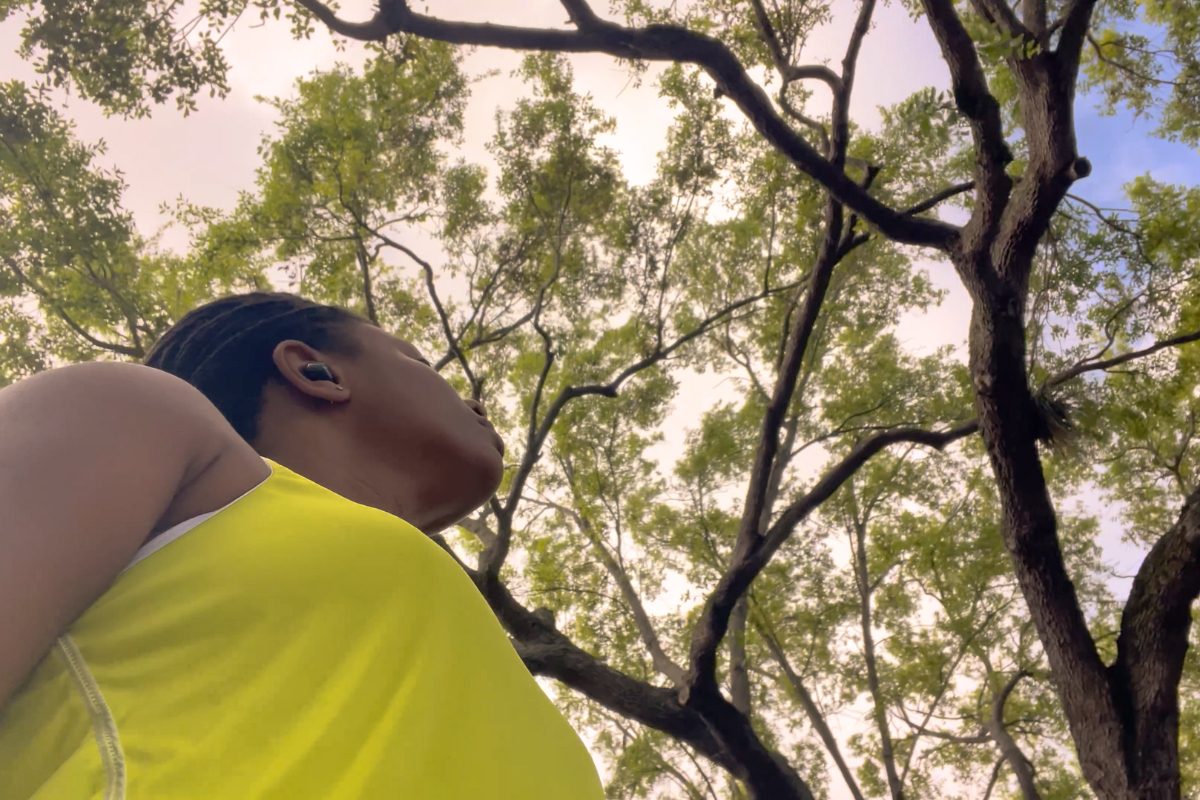


Great article! Thank you for sharing. I always strive to be as least judgmental as possible but you can always improve!
That’s right Shea, there’s always room for improvement in every one of us! Thanks for reading and commenting.
Being judgemental towards yourself or other people is so easy. You can fall into the trap. As long as you realize, you’re judging, you can work on it and totally become non-judgemental. Thank you for sharing and putting the focus on this topic 🙂
Thank you for taking the time to read and comment on this article Mariya. I’m glad you found it helpful!
Great points here. I think showing compassion is huge. That is such a big difference maker in so many situations. Thank you!
You are very welcome Linsey, compassion is a game changer.
Great, informative post! Good idea starting with my advice will look different for everyone. It comes across as there’s no one-size-fits-all solution. I look forward to reading more articles!